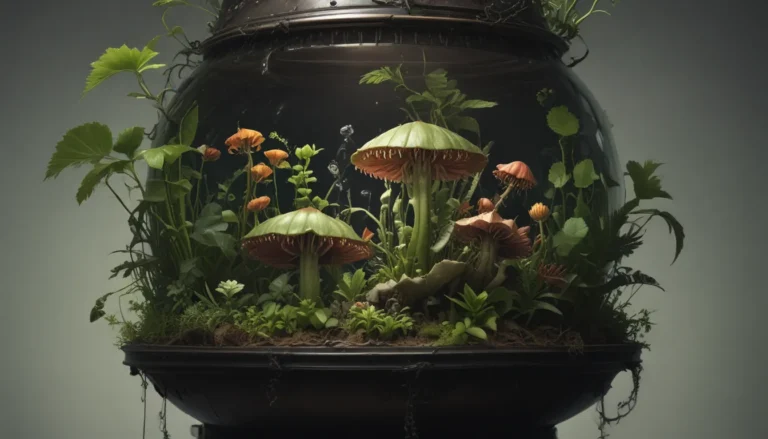How to Effectively Manage Aphid Infestations on Your Rose Plants

Have you ever been admiring your beautiful rose bushes when you suddenly notice a troubling sight? Small, pear-shaped insects known as aphids are ruining your lovely blooms. These pests can come in various colors, such as green, pink, black, white, and orange, but they are all unwelcome visitors feeding on your plants.
But fear not! In this article, we will dive deep into the world of aphids and explore the best ways to control and prevent aphid infestations on your precious roses. By understanding these tiny pests and implementing effective strategies, you can protect your plants and enjoy a thriving garden.
Understanding Aphids
Aphids are soft-bodied insects that infest a wide variety of plants, including roses. With over 4,000 identified species, around 250 are considered crop and ornamental plant pests. The most common species that attack roses are the green or pink Macrosiphum rosae, which can quickly multiply and cause significant damage to your plants.
These prolific pests feed on plant sap, extracting vital nutrients and leaving plants weakened and susceptible to disease. Additionally, aphids excrete honeydew, a sugary substance that attracts fungal spores and can lead to the development of sooty mold. Furthermore, aphids can transmit viruses when they feed on plant sap, posing further threats to your roses.
Why Aphids Are Harmful to Roses
Before we delve into effective control strategies, it’s crucial to understand why aphids are detrimental to your rose plants. These tiny insects can:
- Extract vital nutrients from plant sap, weakening the plant
- Excrete honeydew, leading to the growth of sooty mold
- Transmit viruses that can harm the plant
- Cause buds to wither and leaves to wilt
With these harmful effects in mind, it’s essential to take proactive measures to control aphids and protect your roses from devastation.
3 Strategies to Control Aphids on Roses
To effectively manage aphid infestations on your rose plants, consider implementing the following strategies:
1. Attract Aphid Predators to Your Garden
While it’s challenging to completely prevent aphids from reaching your plants, you can help keep their populations in check by attracting beneficial predators to your garden. Ladybugs and green lacewings are natural enemies of aphids and can help reduce their numbers significantly.
To attract these predators, plant flowers and herbs such as angelica, chives, coreopsis, and marigolds near your roses. Ladybugs and lacewings feed on pollen and nectar but also consume aphids, making them valuable allies in your fight against these pests.
2. Utilize a Hose for Small Infestations
If you notice a small population of aphids on your rose bushes, using a hose can be an effective method to dislodge them. With an adjustable nozzle, gently spray the aphids off the plants, focusing on leaves and buds where they congregate. Make sure to check the plants the next day and repeat the process if necessary.
3. Treat Roses with Organic Pesticides
For more severe infestations, consider using organic pesticides like neem oil or insecticidal soap to control aphids on your roses. Neem oil contains azadirachtin, a natural pesticide that disrupts aphids’ feeding and reproductive processes, ultimately leading to their demise. Insecticidal soap penetrates aphids’ bodies, destroying their cells and offering an effective solution for managing infestations.
By combining these strategies and carefully monitoring your plants for aphid activity, you can protect your roses and promote a healthy garden ecosystem.
Wrapping Up
Aphids can pose a significant threat to your rose plants, but with proper knowledge and proactive measures, you can effectively manage these pests and safeguard your beloved garden. By attracting beneficial predators, utilizing gentle methods like hose spraying, and incorporating organic pesticides when needed, you can control aphid infestations and ensure your roses thrive.
Remember to regularly inspect your plants for signs of aphids, maintain a predator-friendly environment, and take swift action to address any issues. With these strategies in place, you can enjoy vibrant, healthy roses and a flourishing garden for years to come.





